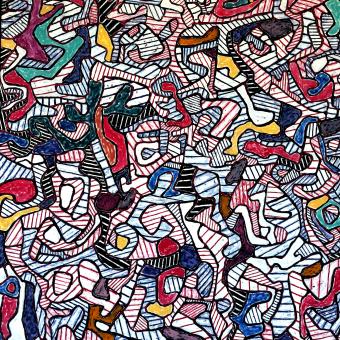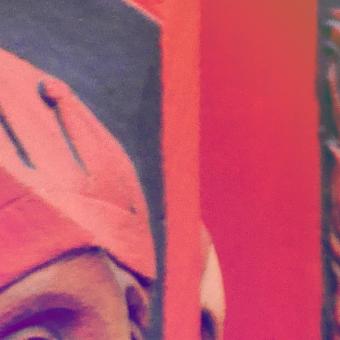
Debates have raged over whether the latest crisis of the humanities is rhetoric or reality. In either case, perceptions matter, and such perceptions have real consequences. So what should be done?

Debates have raged over whether the latest crisis of the humanities is rhetoric or reality. In either case, perceptions matter, and such perceptions have real consequences. So what should be done?


I have been thinking of this essay as a road map to the ideas and practices of public humanities, a map that would help answer the title question, "why public humanities?" This essay will look at some beginning points for public humanities; work through definitions; talk about the stakes for faculty and students–and the universities and communities in which they work–and consider whether public humanities could be transformative rather than simply translational. No matter how you map public humanities, discussions of collaboration and social justice need to be at the center.




This book-length manifesto offers itself as both love song and lament. I interrogate research-creation as a genre full of exciting pedagogical and institutional possibility. I also lament the hopeless exhaustion I see in colleagues all around me. As a strategy of resistance to the resignation that surrounds me daily in the arts and humanities wings of the university, I look to research-creation, even as it is being commodified right under our feet, as a site of generative recrafting: a touchstone and orienting point that might help render daily life in the academy more pedagogically, politically, and affectively sustainable.



How could virtual reality be best used for public humanities? One immediate thought is that virtual reality would be an excellent tool for teaching history.